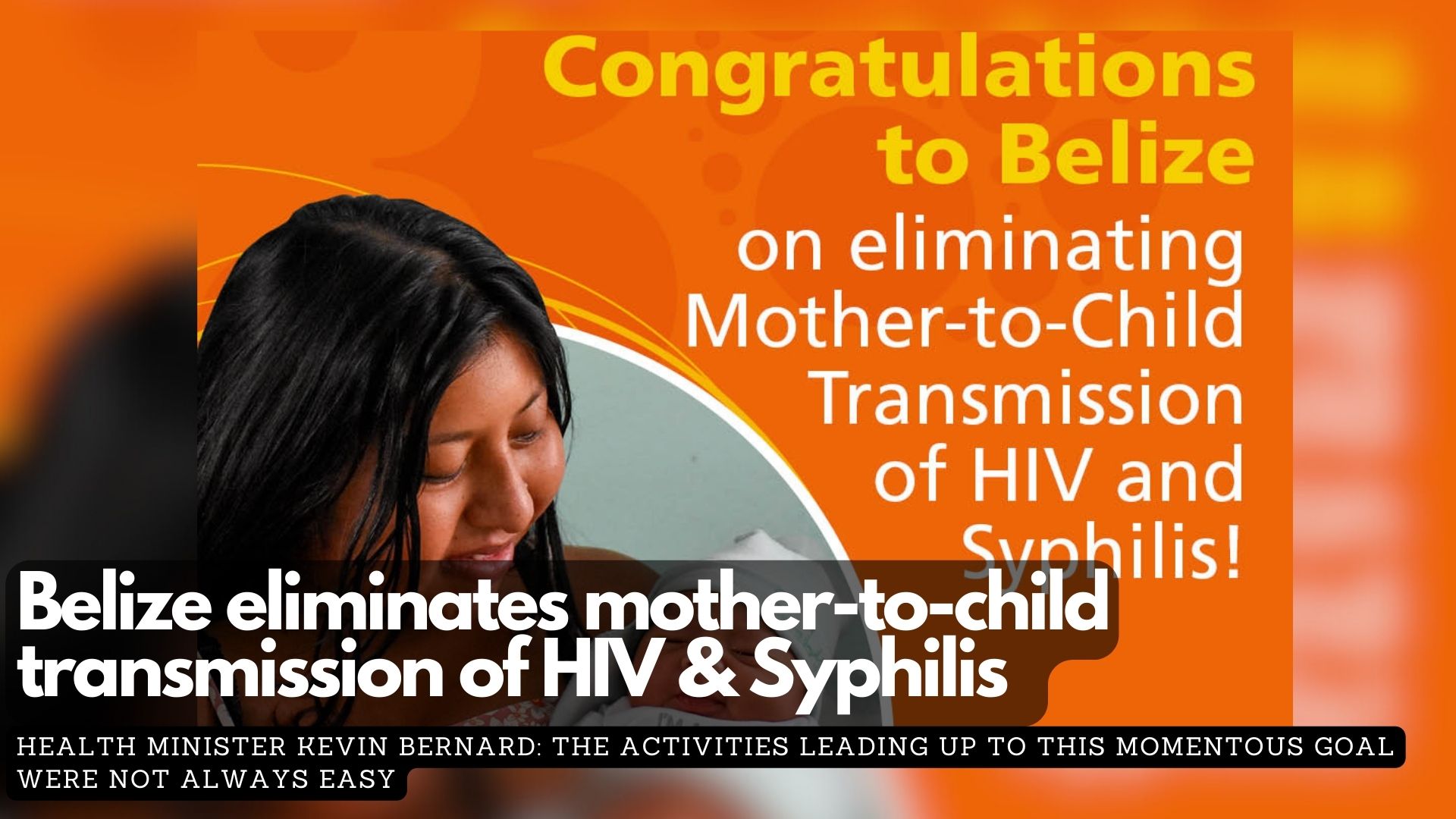Belize, Jamaica, and St. Vincent and the Grenadines have become the latest countries in the Americas to receive certification from the World Health Organization (WHO) for eliminating the mother-to-child transmission of HIV and syphilis. This milestone was celebrated at a special event organized by the Pan American Health Organization (PAHO) in Kingston, Jamaica, with support from UNICEF and UNAIDS, and with the participation of health ministers from these three nations.
Kevin Bernard, Minister of Health and Wellness of Belize, described the elimination of mother-to-child transmission of HIV and syphilis as a significant accomplishment for the country, made possible through the commitment and dedication of health care workers. Bernard said, “Eliminating mother to child transmission of HIV and syphilis is an extremely significant accomplishment for the people and the country of Belize. The activities leading up to this momentous goal were not always easy, however, with the commitment and motivation of our health care workers, in all areas of health, this has become a reality. We continue to work towards achieving public health goals for a healthier and more productive Belize.”
In 2010, countries in the Americas committed to eliminating mother-to-child transmission of HIV and syphilis and endorsed a regional strategy updated in 2016 under the PAHO Plan of Action for the Prevention and Control of HIV and Sexually Transmitted Infections. Globally, 19 countries and territories have been certified for eliminating mother-to-child transmission of HIV and/or syphilis, with 11 in the Americas. Cuba made history in 2015 by becoming the first country to achieve dual elimination of HIV and syphilis. This progress continued with other countries in subsequent years.
To achieve elimination targets, countries focused on strengthening prevention and treatment services in primary health care and maternal and child health, updating guidelines, ensuring effective screening of pregnant women, monitoring cases, and following up with HIV and syphilis-exposed infants.
